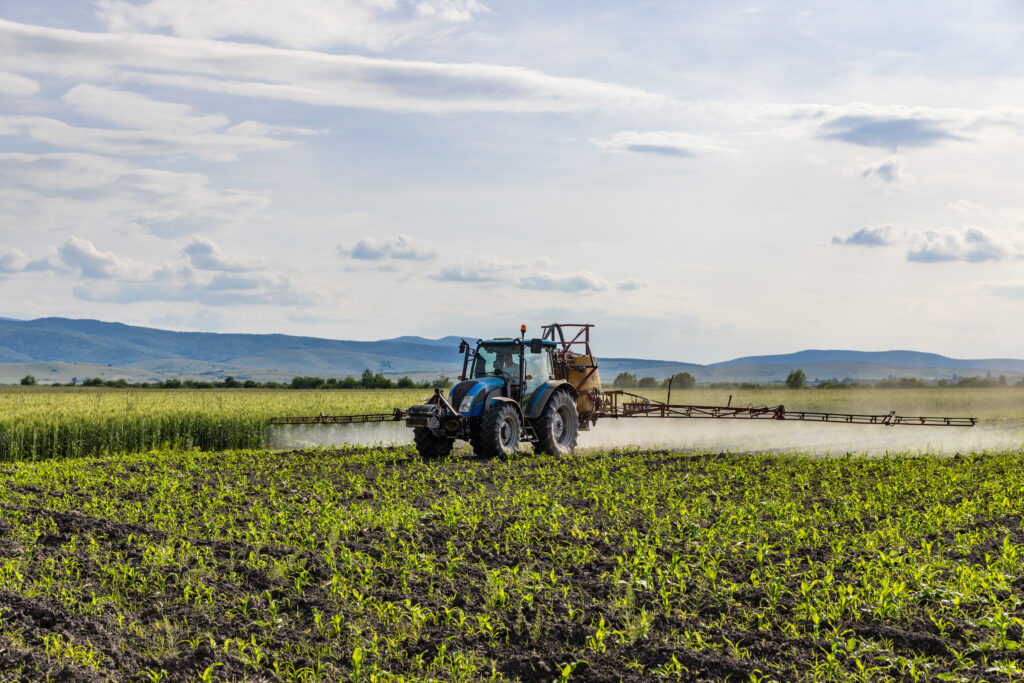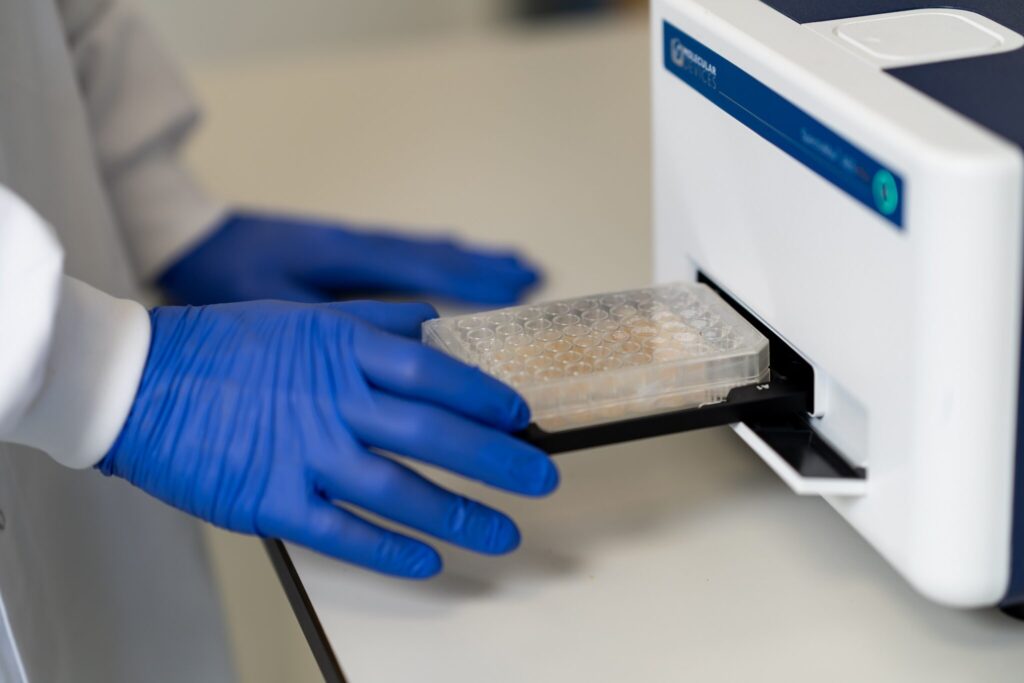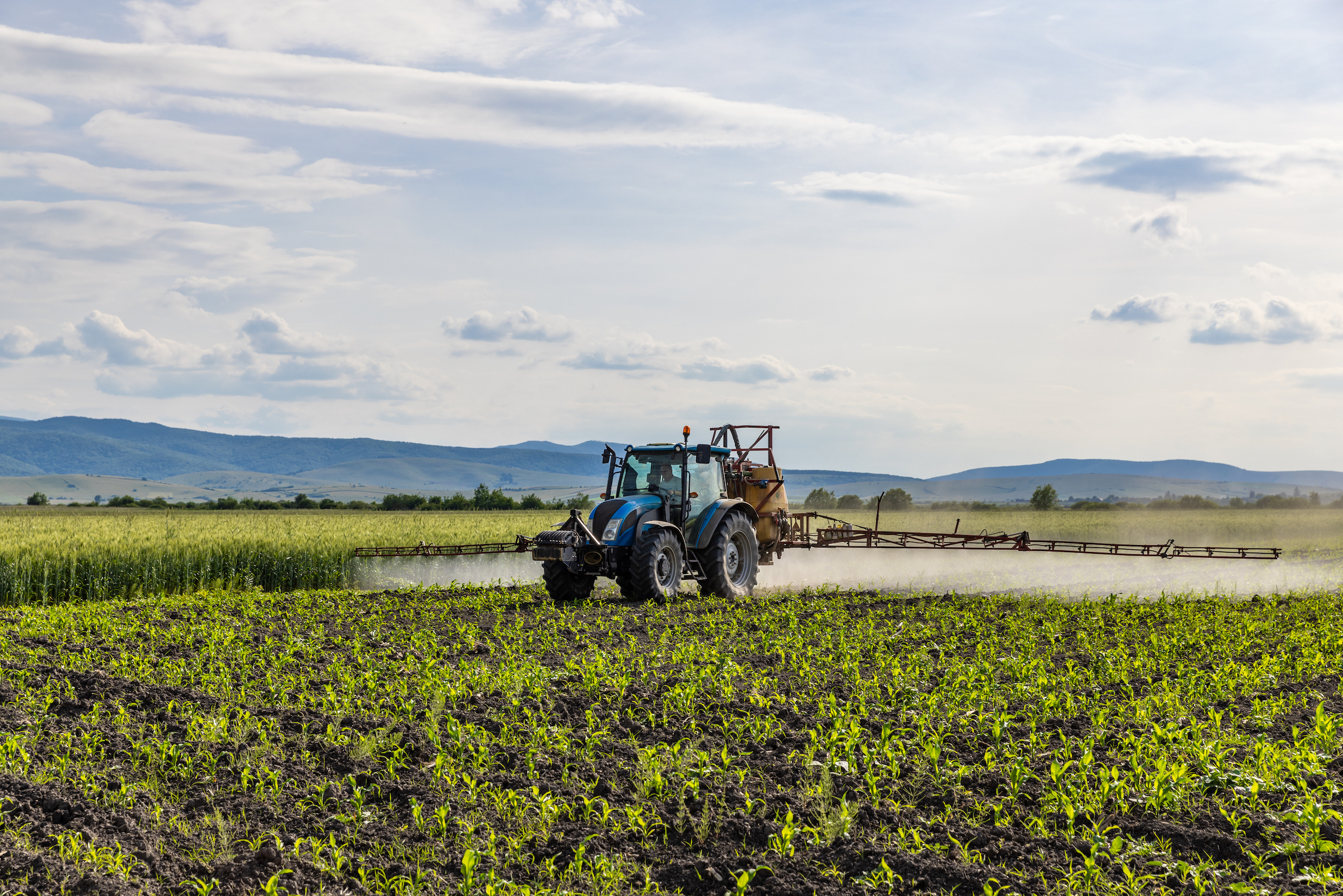
In the UK, almost a third of our calorie intake is found in cereals alone, and we’re not just talking about breakfast. Cereals are used in a multitude of household staples including bread, pasta and even beer. Perhaps then, for something so important to our everyday lives, we should have more of a focus on sustainable production and reducing the use of agrichemicals that are negatively impacting our planet.
To quantify the amount of carbon emitted by chemical fertilisers in a singular hectare of crop land in Europe, you would need to drive 1,900km in a diesel car. That’s further than the distance from John O Groats to Land’s End by car, which is 1,347km. In America, this distance increases to a ridiculous 4,000km per hectare. The average carbon dioxide (CO2) emissions per kilogram (kg) of chemical fertiliser are around 2.4kg and 5.6kg in the EU and US respectively, and even though they are applied at a much lower rate, chemical pesticides emit 6.3kg of carbon equivalent emissions per kg of product.

While the news continues to be rife with stories of our changing climate, we must ask ourselves why this issue isn’t more prominent and prioritised? Raging forest fires around the word have killed and displaced families and storms are now ripping through cities as threats of climate change bare their teeth and do not show signs of slowing down.
Greenhouse gases (GHGs) are extremely disruptive to the meteorological equilibrium we need on Earth to survive and thrive. They wrap around the planet, trapping heat inside and cause global warming. As such, it has become common practice to call for the reduction of GHG emissions across industries and transparency in the reporting of them. We have seen political pressure to implement net-zero plans that force companies and countries to no longer emit GHG emissions and in addition to this there are planned and proposed carbon economies which will trade in carbon credits to determine who can and cannot emit carbon.
There is already universal acknowledgement that chemical fertilisers and pesticides are large emitters of GHG emissions, with the agricultural sector being one of the worst offenders for GHG’s in the world. It would therefore be easy to assume that dedicated and detailed policies and plans would be put in place to guide agricultural industries to becoming carbon neutral and transparent. However, despite various government plans to reduce and remove reliance on chemical fertilisers and pesticides, their market value continues to rise. Chemical pesticides have a predicted market growth rate at 2% CAGR from 2022 to 2028 in the EU and a huge 5.6% by 2030. At the same time, it is expected pesticide use will only half by 2030, with transparency over the emission of GHGs from farmers not being implemented until 2028.

FA Bio are developing biofertilisers and biopesticides which have no carbon emissions. With continued application and growth in sales of agricultural bioproducts, they have an opportunity to displace a significant proportion of the high-emitting chemical equivalent products. FA Bio’s products could be used in 2.5% of cultivated land used for arable crops in America and Europe by 2028 and 12.7% by 2032. With an assumption that biofertilisers could displace 20% of their chemical counterpart and biopesticides would displace 70%, FA Bio’s products could be saving 739,909,000kg of CO2 equivalent emissions from the agriculture sector by 2032, with the use of our biofertiliser and biopesticide alternatives. Referencing back to the diesel car, that would be a saving of 4.4 billion kilometers worth of carbon emissions, the equivalent of 109,794 laps of the Earth’s circumference at the Equator.
At the heart of the European Green Deal which is ensuring no net emissions of greenhouse gases by 2050, is The Farm to Fork Strategy. The Farm to Fork Strategy recognises there is an urgent need to reduce dependency on pesticides and antimicrobials and aims to accelerate our transition to a sustainable food system whilst also making them fair, healthy and environmentally friendly. Research and innovation are key drivers in accelerating the transition to sustainable and inclusive food systems, as well as investments.
Climate Change is going to happen whether we ignore it or not however, trying to quantify such a multifaceted problem through GHG emissions alone is reductionist and often removes the need to address the problems with our over-consumerist society. However, amidst a sea of inaction we need any change we can get and a demand for transparency, research, policy, political integrity, and innovation is the only way we can achieve that.
Together, as a united front, things can change. FA Bio stands amongst a plethora of companies working towards a brighter, more secure future and we need policies and politics to catch up.
Morgan Woodward, Freelance Investment and Sustainability Research Consultant
Morgan completed an internship at FA Bio from July – September 2023


